Artificial Organs represent a ground-breaking frontier in medical science, offering transformative solutions for individuals facing organ failure or transplantation challenges. These synthetic substitutes aim to replicate the functions of natural organs, providing life-saving alternatives to traditional transplantation. Advanced technologies such as 3D Printing and Tissue engineering play a pivotal role in creating bio-mimetic structures that closely resemble the complexity of human organs. Artificial organs have shown promise in various fields, from artificial hearts and kidneys to liver and pancreas constructs. The development of these innovative devices not only addresses the critical shortage of donor organs but also minimizes the risk of rejection, as they can be tailored to match the recipient's unique biological characteristics. As research in this field continues to advance, artificial organs hold the potential to revolutionize healthcare, offering new hope for patients in need of life-saving interventions.
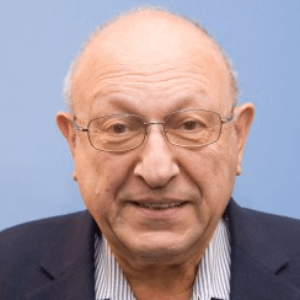
Ephraim Suhir
Portland State University, United States
Thomas J Webster
Interstellar Therapeutics, United States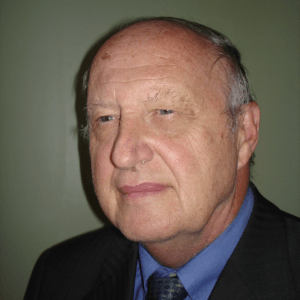
Robert Buenker
University of Wuppertal, Germany
Will Skene
Montreal University, Canada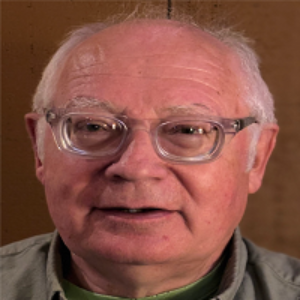
Valeriy A Buryachenko
Micromechanics & Composites LLC, United States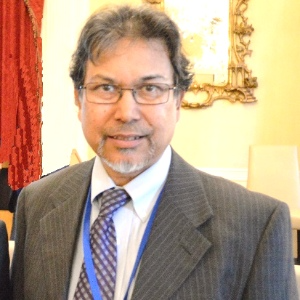
Anis Rahman
Applied Research & Photonics, Inc, United States
Will Skene
Montreal University, Canada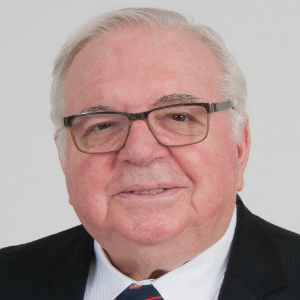
Robert Guidoin
Laval University, Canada
Robert Buenker
University of Wuppertal, Germany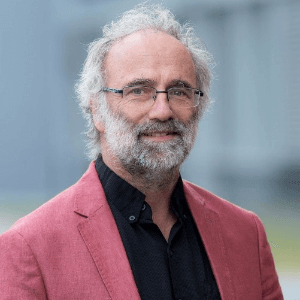


Title : Introducing picotechnology: An exciting extension of nanotechnology
Thomas J Webster, Interstellar Therapeutics, United States
Title : The failure of both einsteins space-time theory and his equivalence principle and their resolution by the uniform scaling method
Robert Buenker, University of Wuppertal, Germany
Title : Material challenges with proton conducting ceramics for intermediate temperature hydrogenation/dehydrogenation applications
Saheli Biswas, Commonwealth Scientific and Industrial Research Organisation, Australia
Title : Porphyrin layers at metal-electrolyte interfaces monitored by EC-STM and CV
Marek Nowicki, University of Wroclaw, Poland
Title : Color control of electrochromes by structural modification
Will Skene, Montreal University, Canada
Title : Make experiments more efficient: Two simple and powerful approaches. Mg2Si growth for photovoltaic and thermoelectric applications
Alexander S Gouralnik , Institute of Automation and Control Processes, Russian Federation
Title : Reconfigurable antenna structures using tunable materials
Nasimuddin, Institute for Infocomm Research, Singapore
Title : (0, 1 and 2) Dimensional hybrid architecture of the synthesized materials leads the smart sensing of the gaseous species at low/room temperature
D R Patil, North Maharashtra University, India
Title : Enhanced grain refinement, precipitates regulation, and improved mechanical properties of cast Al-Li alloy by Ti addition and heat treatment
Lixiong Shao, Shanghai Jiao Tong University, China
Title : Broadband sound attenuation of shape memory polymer with triangular-honeycomb unit cell metamaterial structural design
Musaab Ejaz, Universiti Teknologi PETRONAS (UTP), Malaysia